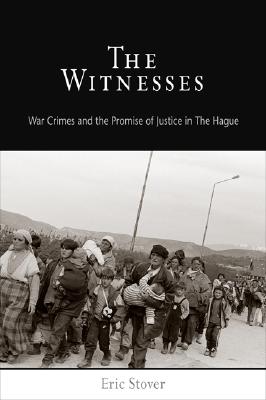
description
ity has demonstrated a renewed commitment to the pursuit of international criminal justice. In 1993, the United Nations established two ad hoc international tribunals to try those responsible for genocide and crimes against humanity in the former Yugoslavia and Rwanda. Ten years later, the International Criminal Court began its operations and is developing prosecutions in its first two cases (Congo and Uganda). Meanwhile, national and hybrid war crimes tribunals have been established in Sierra Leone, Kosovo, Serbia and Montenegro, Croatia, Bosnia and Herzegovina, East Timor, Indonesia, Iraq, and Cambodia. Thousands of people have given testimony before these courts. Most have witnessed war crimes, including mass killings, torture, rape, inhumane imprisonment, forced expulsion, and the destruction of homes and villages. For many, testifying in a war crimes trial requires great courage, especially as they are well aware that war criminals still walk the streets of their villages and towns. Yet despite these risks, little attention has been paid to the fate of witnesses of mass atrocity. Nor do we know much about their experiences testifying before an international tribunal or the effect of such testimony on their return to their postwar communities. The first study of victims and witnesses who have testified before an international war crimes tribunal, The Witnesses examines the opinions and attitudes of eighty-seven individuals--Bosnians, Muslims, Serbs, and Croats--who have appeared before the International Criminal Tribunal for the former Yugoslavia.
member goods
No member items were found under this heading.
listens & views

LES MISERABLES 10TH ANNIVERSARY CONCERT
by LES MISERABLES 10TH ANNIVERSARY CONCERT
COMPACT DISCout of stock
$21.99
Return Policy
All sales are final
Shipping
No special shipping considerations available.
Shipping fees determined at checkout.






